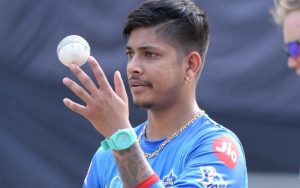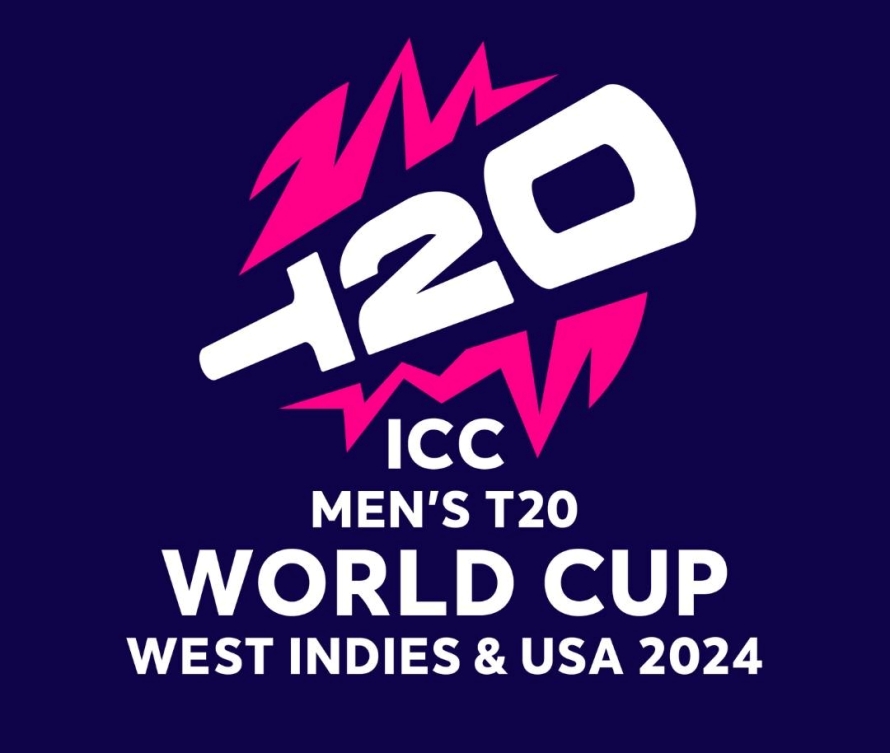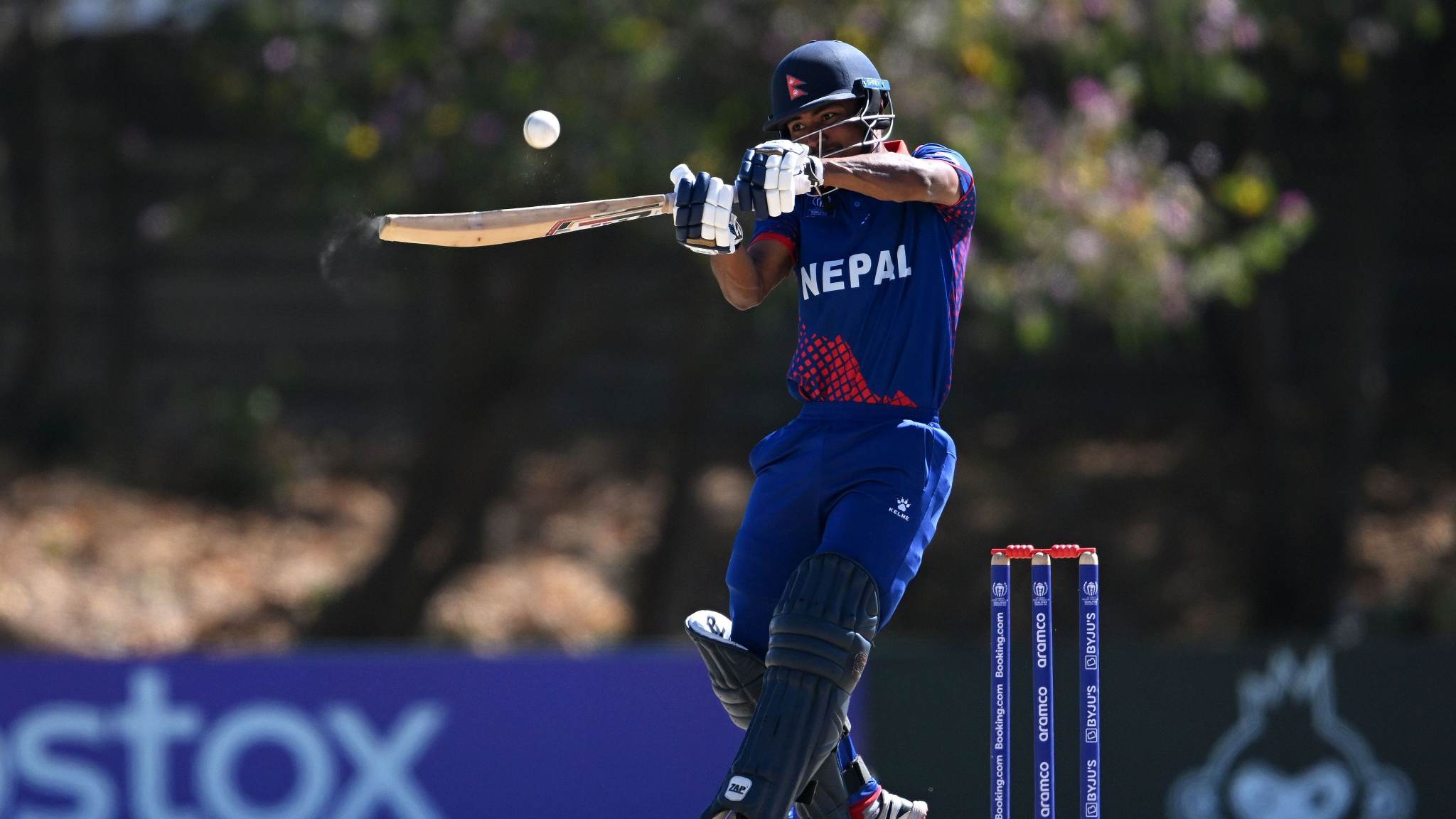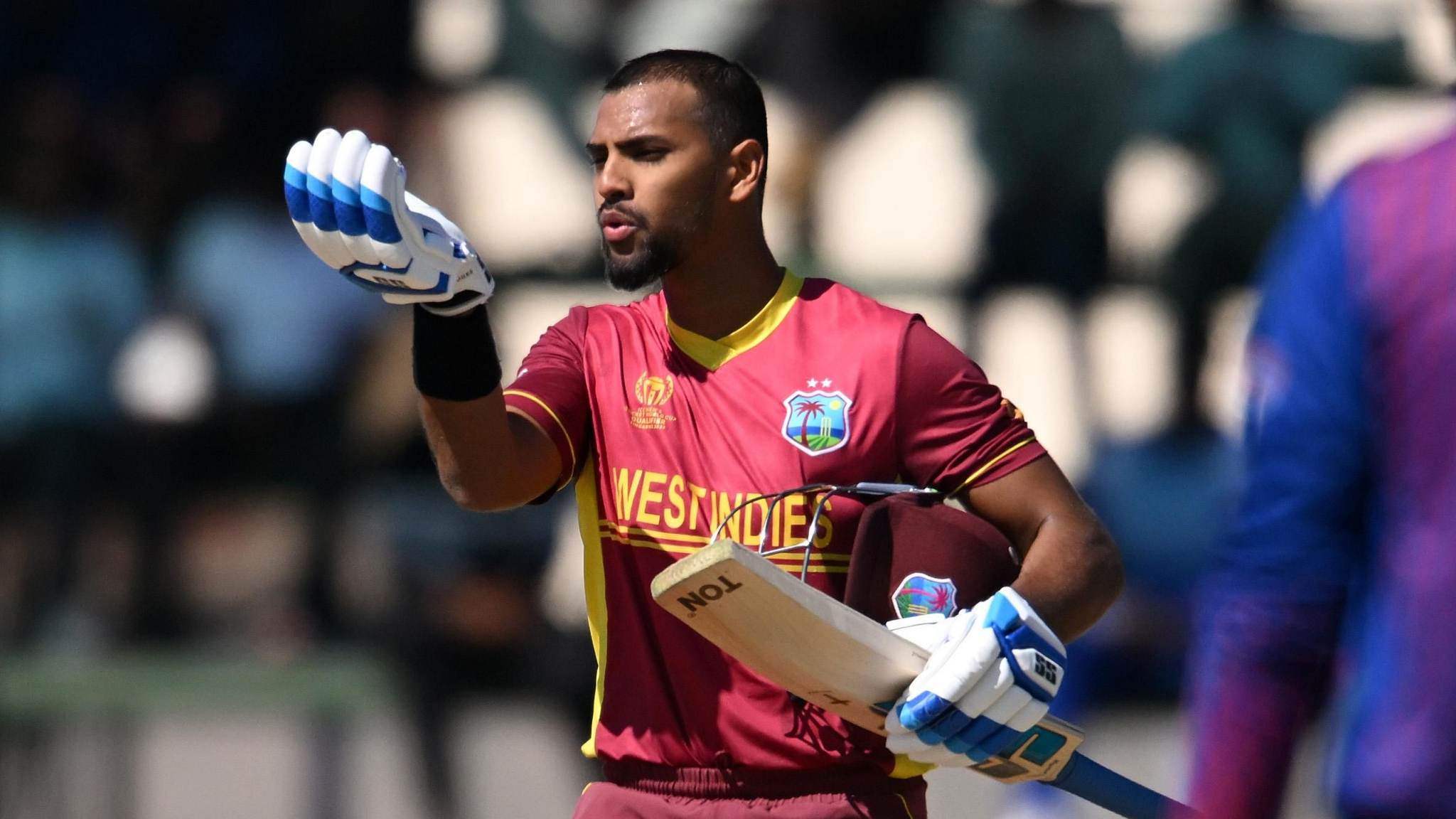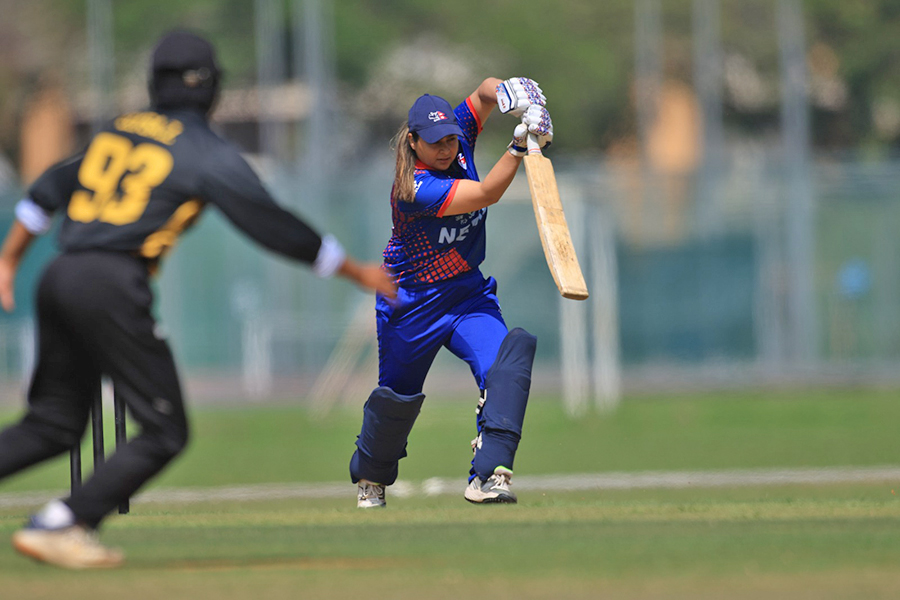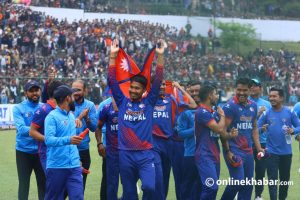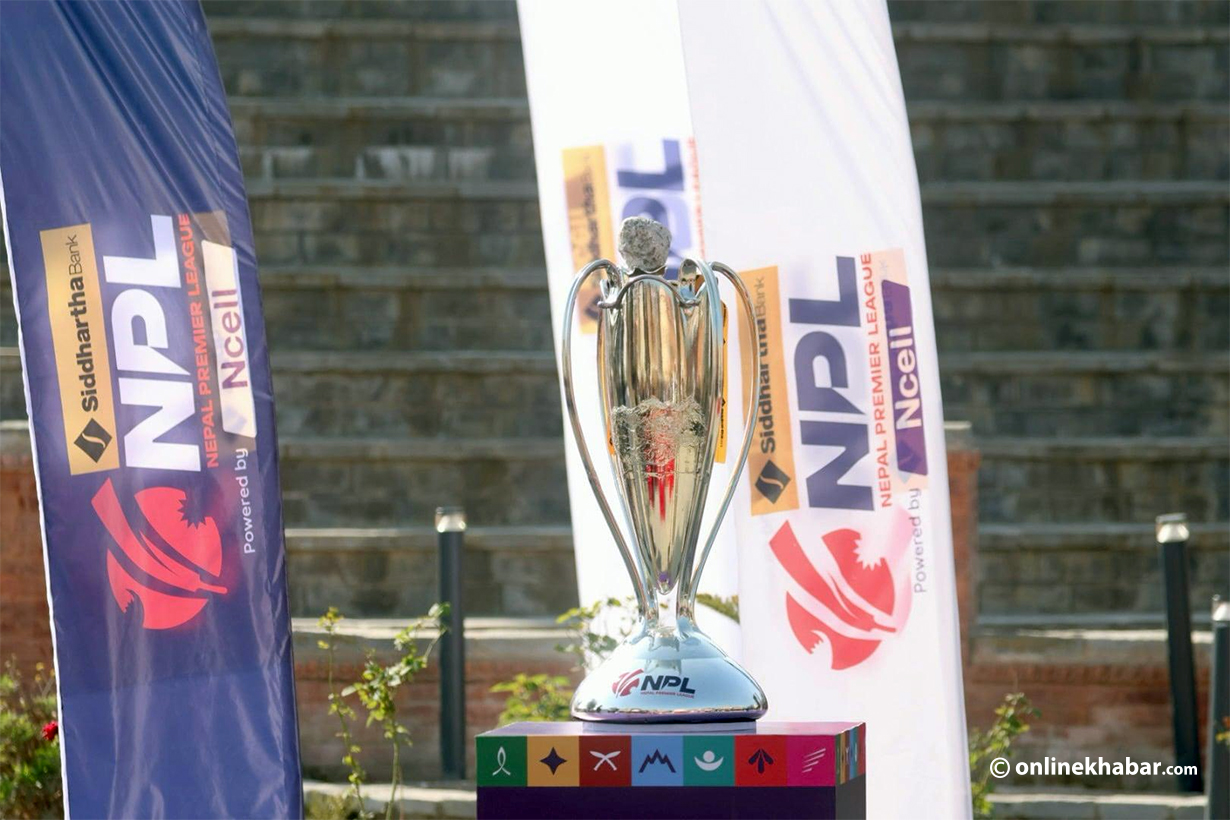 Kathmandu, April 5
Kathmandu, April 5
The dispute over Nepal’s cricket governing body is unlikely to be resolved before the ICC’s crucial meeting slated for June.
Members of the ICC Nepal Advisory Group are bickering over the transitional mechanism that will conduct fresh elections and run the game before the elected officials take over, sources say.
According to them, the advisory committee, which has been assigned to work on CAN’s statute by June-July 2017, is discussing a draft statute prepared by a group of lawyers. The draft proposes that the advisory group itself be transformed into an ad-hoc committee to administer the game before elected office bearers start work. But the committee is divided over the proposal.
The background to the dispute
CAN, Nepal’s main cricket body, was being run by ad-hoc committees for a long time before it got its elected leadership for the first time in its history in December 2011. Tanka Anbuhang, a Maoist leader, was elected unopposed as president of the board, and Ashok Nath Pyakurel the general secretary. In June 2014, the country’s anti-corruption body CIAA filed corruption charges against 10 board members, including the president and general secretary saying that they had embezzled the association’s funds.
With top officials under investigation, the association was being run by acting presidents, who could not perform their duties for lack of a mandate. During the last few weeks (November 5, 2015) of their tenure in office, the 10 officials were acquitted by the Special Court. Following the development, the UML, the ruling party, found an opportune moment to gain foot-hold in CAN, which was earlier under the ‘sphere of influence’ of the Maoists and the Nepali Congress.
But the then main opposition Nepali Congress was in no mood to allow the ruling parties to take over the responsibility for one of the most popular sports in the country. Congress supporters within the association organised a general assembly, and elected Congress leader Chatur Bahadur Chand as president.
The National Sports Council, which is a government body, did not recognise Chand’s election. Instead of taking the initiative to settle the differences between the Anbuhang and Chand groups, the NSC formed its own ad-hoc committee, with UML sympathiser Ramesh Siwlal as the board president.
The tussle between the ad-hoc committee led by the Ramesh Silwal and the the ‘elected committee’ led by Chand also reached the court. That was when the ICC said its patience was wearing thin, and in a matter of few days, CAN was suspended.
The International Cricket Council named businessman Basant Chaudhary and former cricket administrator Binay Raj Pandey as coordinators of its advisory committee for Nepal. Chand and his associate Ashok Nath Pyakurel were later inducted to the committee.
The present bone of contention
The Chatur Bahadur Chand group (the ‘elected’ CAN) has rejected the proposal that the advisory group be transformed into an interim body. It has, instead, demanded that it be recognised as the ad-hoc group. “There are some who want to transform the advisory group into an ad-hoc group. But that is not possible,” a member of the elected CAN told Onlinekhabar. The member said that when the new statute is ready a general assembly of the association, which had earlier elected Chand as president, has to endorse it.
The ICC’s annual meeting is scheduled to convene in June, and the global body wants the CAN dispute to be resolved before the meet. It wants the suspension to be lifted by the meeting. But that looks highly unlikely as advisory committee members run down the clock.
Another member of the committee said a decision on the transitional administration mechanism could be reached through a vote. But that will at least take some time to happen.




